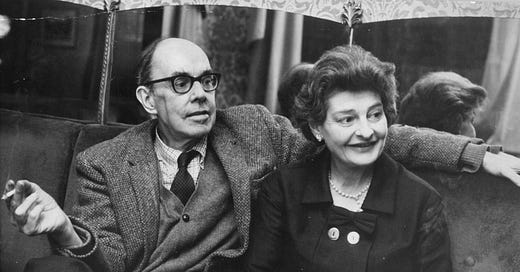LESSONS FROM CLAUD COCKBURN
On Patrick Cockburn’s ‘Believe Nothing Until It Is Officially Denied’

I came to the world of journalism with many different role models. In the early years of the Vietnam War, it was those reporters—David Halberstam, Homer Bigart, and Neil Sheehan of the New York Times—who stood up to the powers that be in Saigon and Washington and reported early on about America’s failures in the war.
Later it was Patrick Cockburn, writing for the Financial Times, the Independent, and the London Review of Books, who after 9/11 was telling the world that the US colossus, with its billions of dollars and huge standing army, had got it wrong everywhere in the Middle East. Patrick was one of three Cockburn brothers who followed their complicated and brilliant father, Claud, into the reporting world. His quixotic older brother Alexander, a sometime media critic who delighted in skewering pompous fellow journalists, including me, died, much too young, at age 71 in 2012. Andrew, the middle son, is now the Washington editor of Harper’s Magazine. All shared their father’s passion for telling like it is, and his skill at being constantly on point.
In Believe Nothing Until It Is Officially Denied, a loving memoir of his father published last week by Verso, Patrick doesn’t tell us much about his father’s later years, when he turned out to be a mellow husband and father. Instead he focuses on the lead-up to World War II, as Claud emerged from a traditional and very drunken upper class education to be hired as a reporter for the stolid Times of London. He sounded early warnings about the coming war with Nazi Germany. After Hitler’s rise to power in 1933, it was a message that many in London and Europe did not want to hear. After he resigned from the Times in 1933, much of his writing was done under a pseudonym for the Communist-financed Daily Worker in London, the only paper that would have him, and for his self-published investigative newsletter The Week, which had few clients but a lot of clout. Claud, Patrick writes, “was a serious revolutionary who wanted to improve the world.”
Keep reading with a 7-day free trial
Subscribe to Seymour Hersh to keep reading this post and get 7 days of free access to the full post archives.



